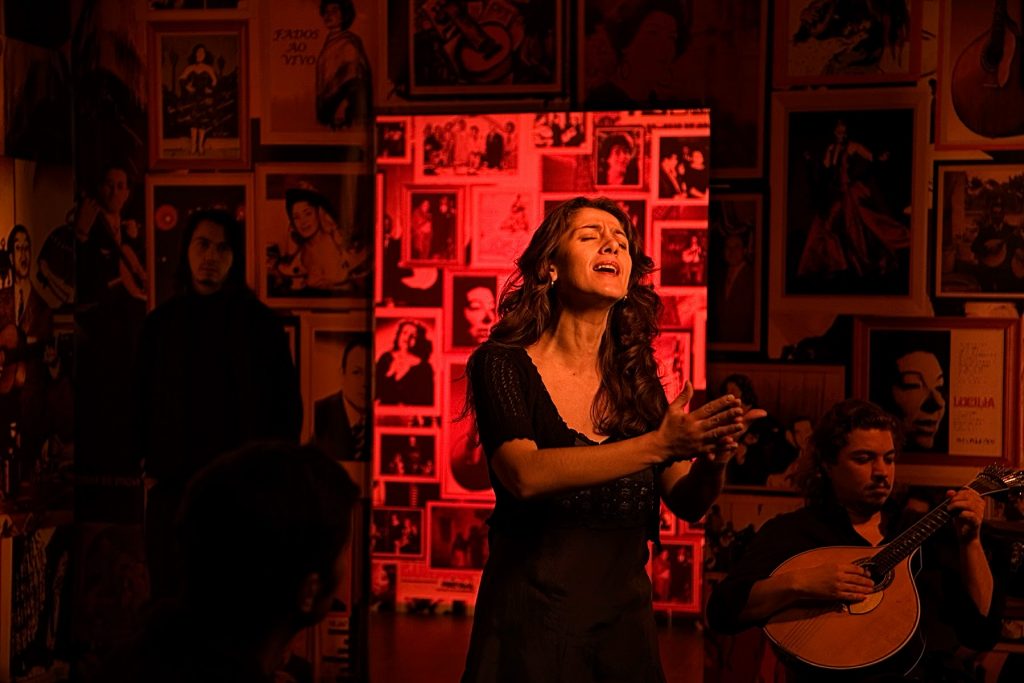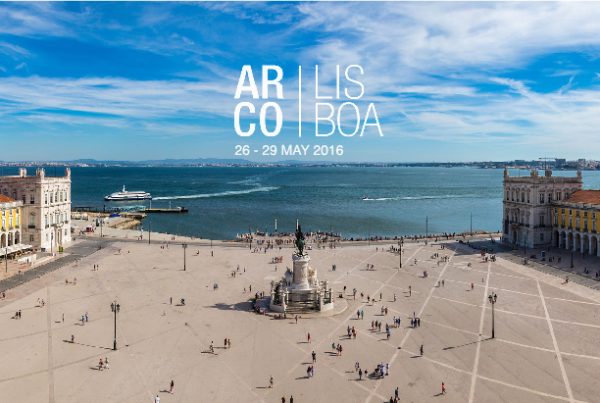Fado: Past and Present
Fado is so much more than a music genre. Whereas many associate it to the mournful word “saudade” (a very Portuguese kind of longing), it can also be vibrant and merry. Fado is such a rich and diverse kind of music that the lyrics can be about anything. The tunes, too, can be varied, as long as they follow a traditional structure. The origins of this typical song can be traced back to the 1800s, and although it is certain that this type of music was born in the urban context of 19th century Lisbon, little more is known about its roots. The history of Fado was transmitted orally. Coming from the streets of Lisbon, Fado is united, at birth, to the city’s working class and, in a first phase, related to social contexts of marginality and transgression. Particularly sailors, dock workers, and prostitutes were among Fado’s first audiences.
The Soul of Fado
From a musical genre popular among workers, sailors and mavericks, it evolved to become a more mainstream, and even “aristocratic”, kind of music, while keeping its genuine identity. The word “fado” comes from the Latin “fatum”, sharing its origin with the English term “fate”. So the song is intrinsically linked to destiny, and the songs often tell stories of love, betrayal and fatality.
Born in a popular, urban, context, in the districts of Alfama, Bairro Alto and Mouraria, Fado quickly spread to different contexts of society. Accompanied by the limpid sound of the Portuguese guitar, it has always been performed spontaneously. Indoors and outdoors. In taverns and gardens, cafés and private houses, Fado quickly cast a spell. In its rhythms, melodies and lyrics, the aristocracy and the people meet. Now the musical genre is performed and appreciated by all social spheres.
Renewing the feel of Fado
If Fado is the musical embodiment of the soul of Portugal, it also offers a vivid portrait of the cultural diversity of the country. Even more today. Thanks to a new generation of talented performers, Fado is a powerful mix of tradition and modernity. It can be happy and sad, hopeful and desperate, fast or slow. What is certain: Fado will always have a great story to tell.
If Amália Rodrigues (1920-1999) remains the most renowned Fado singer of all times, many new voices are renewing the soul of Fado today. A new generation of “fadistas”, both men and women, is taking the magic of this musical genre to new levels. These singers keep tradition alive in a personal way and explore new possibilities by dialoguing with other music genres. Some rising stars to listen attentively to: Camané and Gisela João, Ana Moura and Carminho, who has taken Fado again to Brasil, interacting with Bossa Nova.
Inside the world of Fado
At Episode Travel, we are always looking for unique experiences that will make your journey really special. So, we found the perfect host for a genuine, insider’s experience of the world of Fado. With the help of a team of experts, we create bespoke experiences and tailor-made Fado tours. The team leader is Manuel, who used to be a Fado singer and consequently knows Fado by heart.
As you will discover, Portugal’s national song is much more than melancholy and dark shawls. Join the fadistas, sit at the table. Listen to their stories and dive deep into the words, the melody and the meaning of this unforgettable music. Some places you should check: Clube de Fado, Mesa de Frades or Maria da Mouraria. These are the best Fado places in town, where you can have dinner or a drink followed by a performance. When the singer starts interpreting the song, though, the audience must be still. Silence is sacred. And this is why one of the most famous phrases you can hear is “Silêncio que se vai cantar o Fado!” (Silence, we’re about to sing Fado!).
Fado, a cultural heritage
In 2011 Fado become one of the two Portuguese musical traditions to integrate the UNESCO Intangible Cultural Heritage List. The other is Cante Alentejano. If you’re looking for a thorough perspective on the history and meaning of this incredible song don’t miss the Museu do Fado, a cultural institution dedicated to the musical genre. But the best way to understand its deepness, beauty and singularity is of course to take part in the experience. In Lisbon, every night is a good for an unforgettable “Noite de Fados”. A great place is the famous Tasca do Chico, in Bairro Alto, where almost every night, spontaneous “jam sessions” happen, as singers “challenge” each other as they improvise a singing “desgarrada”. Embrace the spirit and take part!





